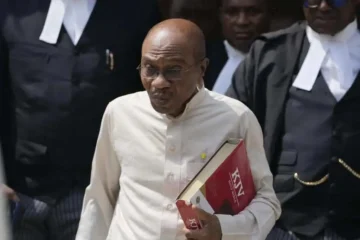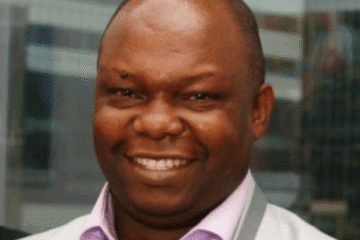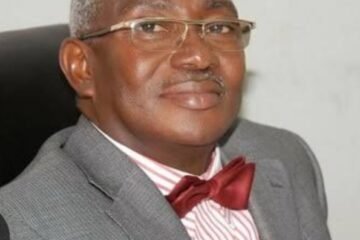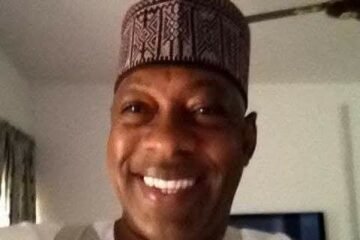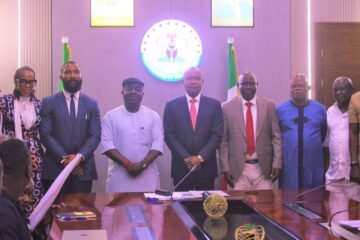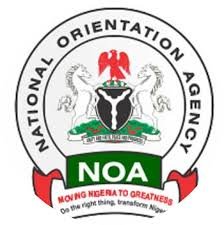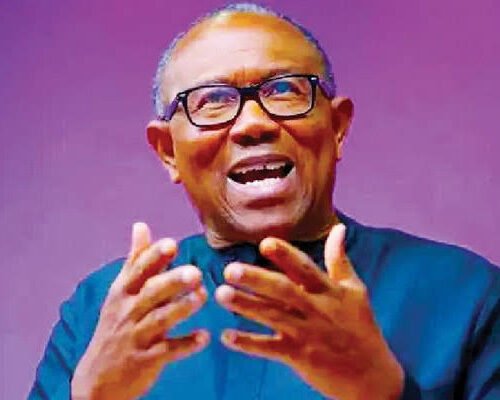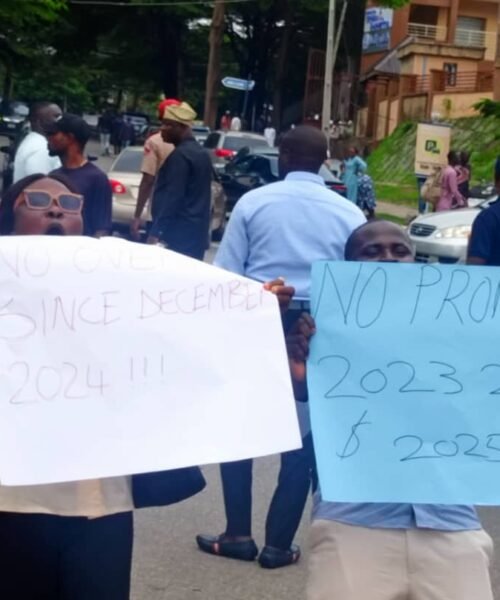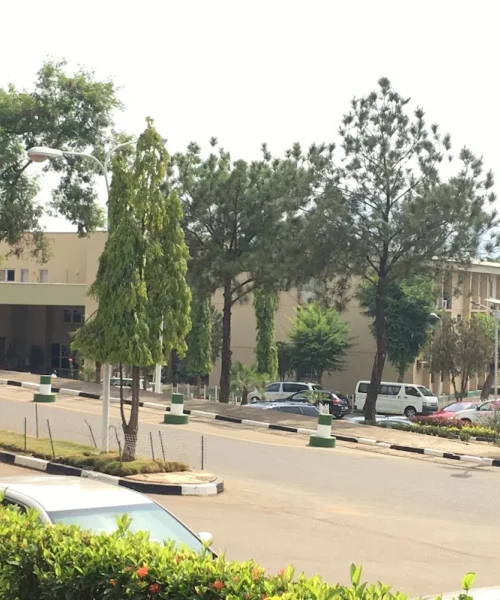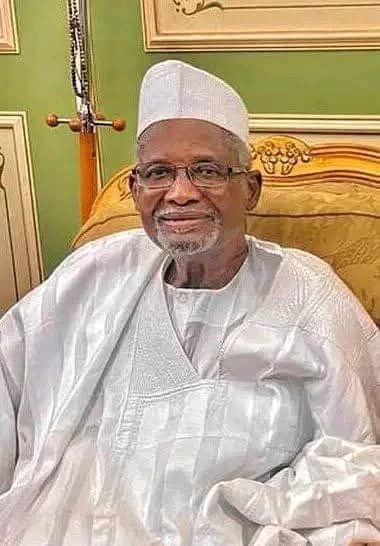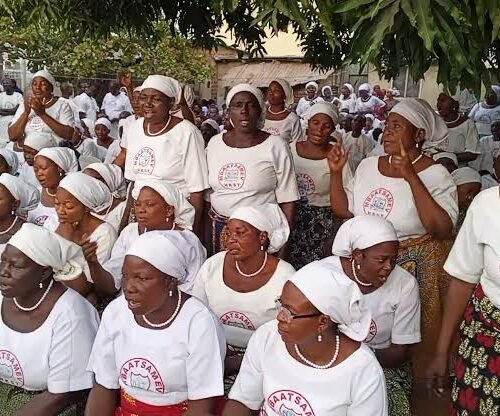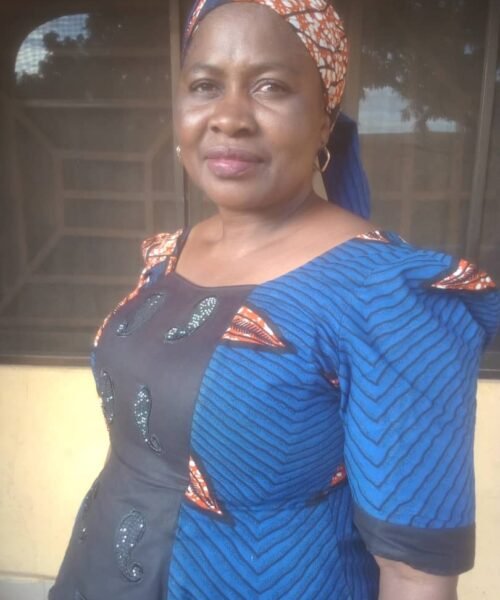By Stephen Gbadamosi, Ibadan
Oyo State Director of National Orientation Agency (NOA), Dr. Olukemi Afolayan, has received accolades from residents as she leaves the state directorate for Abuja, the Federal Capital Territory (FCT) as National Director of Civic, Values and Democracy Education, at NOA headquarters.
Encomiums poured in for Afolayan at a send-forth event graced by stakeholders, government functionaries and members of the public.
Among the dignitaries were a representative of Governor Seyi Makinde, his Executive Assistant on Finance, Budget and Planning, Alhaji Kolawole Gafar Bello; the state Commissioner for Information and Orientation, Prince Dotun Oyelade; former State Directors and management staff of NOA; current State Director of Osun NOA, Stephen Adefarasin, and others.
Dr. Afolayan gave glory to God and appreciated her parents for bestowing the right values in her.
She also thanked the various stakeholders, including the media, for raising the bar of NOA and refurbishing the agency’s image “which was at a time at lower ebb.”
She particularly mentioned the NOA Director-General, Mallam Lanre Isaa-Onilu, who she described as “a visionary mentor,” for turning around NOA’s public image within the spate of his short tenure in office.
The departing Director said she held 79 mega town hall meetings across Oyo State, and conducted advocacy meetings to 500 Mogajis,as part of her undertakings while in the South-West State.
She further recalled that she handled 106 sensitisation programmes, including security awareness and discussion with many market women, among others.
Afolayan said she played a key role in the Federal Government (FG)’s compensation to the family of designer of Nigeria’s flag, the late Pa Taiwo Akinkunmi.
Meanwhile, president of Zone “B” of Nigeria Union of Journalists (NUJ), Princess Ronke Afebioye-Samo, has joined eminent Nigerians to call for a better deal for journalists.
They also enlightened Nigerian media practitioners on the “gains and pains” of Artificial Intelligence (AI) use.
Afebioye-Samo spoke alongside the Senator representing Oyo North Senatorial district, Sen. Abdulfatai Tayo Buhari; and the Vice Chancellor of Ladoke Akintola University of Technology (LAUTECH), Ogbomoso, Professor Razak Olatunde Kalilu, on Wednesday, May 7.
The event was the World Press Freedom Day (WPFD) public lecture organised by the Afebioye-Samo-led executive of NUJ Zone “B” at the Dapo Aderogba Hall, Press Centre, Iyaganku, Ibadan Oyo State.
The journalists’ leader said press freedom was a catalyst for good governance, adding that good governance made dividends of democracy available in real terms.
She, therefore, called for free operating environment for journalism practitioners.
“Despite the challenges being faced by journalists in Nigeria, the NUJ remains committed to upholding principles of ethical journalism and promoting high standards of professionalism,” she said.
Speaking further, Afebioye-Samo said: “We are to reflect on the evolving media terrain and re-affirm the vital role of ethical journalism to safeguard truth and democracy, to explore the growing impact of Artificial Intelligence on journalism, media operators and press freedom, the rise of misinformation and the ethical hazards faced by media professionals.
“This lecture is put in place to commemorate 2025 WPFD themed ‘The Impact of Artificial Intelligence on Press Freedom and Media,’ where press-friendly individuals or groups are identified and celebrated with the prestigious International Guillermo Cano Media Award.
“The day also honours journalists who risk their lives to bring truth to the public.
“WPFD is a unique celebration that is reminding everyone to protect and support the media because, without a free press, there can’t be a free society.
“This is a wake-up call to all concerned that it is important for journalists to speak freely and be safe always.”
Senator Buhari, who was honoured with the International Guillermo Cano Media Award, in his lecture, noted that the advent of AI had reshaped how news is produced, disseminated and consumed.
He identified areas where the new technology would impact on news delivery as automation and efficiency, enhanced data analysis, personalised content delivery, and innovative storytelling.
He, however, cautioned that there were also disadvantages attached to the development.
“Artificial Intelligence does not only provide opportunities for innovation in the media. It also introduces profound challenges that threaten the integrity, independence, and credibility of journalism.
“One of the most alarming challenges posed by AI is the proliferation of false contents, especially deepfakes, synthetic media generated using deep learning techniques that can convincingly mimic real individuals’ appearances and voices,” he warned.
In his keynote address, Professor Kalilu also spoke in the same vein, calling for a better environment for media practice and informed utilisation of AI.



